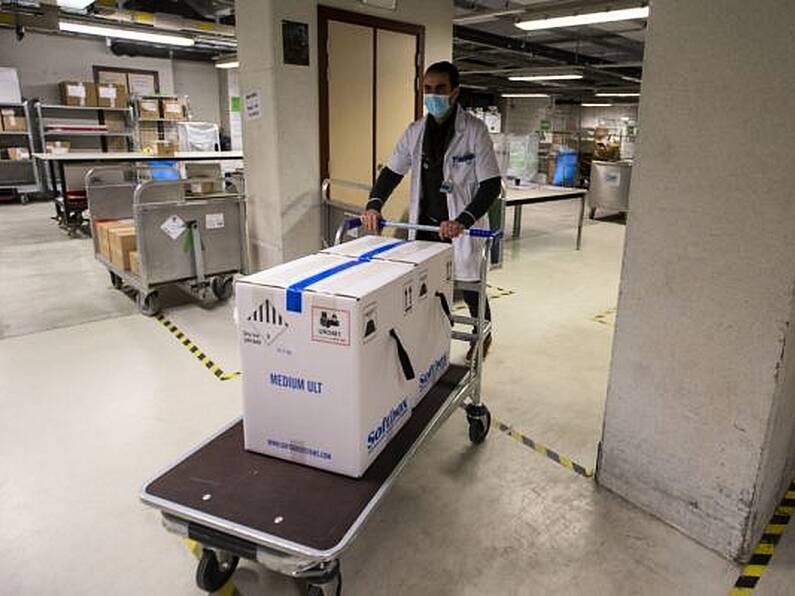Supply and availability will be the main issues affecting the roll-out of a Covid-19 vaccine in the Republic, a professor of experimental immunology has said.
Professor Kingston Mills of Trinity College Dublin said he does not believe logistical or consent issues will delay the vaccine’s roll-out.
It comes as Government members have defended the delay of a roll-out in the Republic, with Ireland and the Netherlands the only EU countries yet to take their supplies of the Pfizer vaccine out of cold storage.
“What’s going to delay the roll-out is the supply and availability of vaccines. We’ve currently got quite a small number of doses, only 10,000, and we’re going to get through those pretty quickly,” Prof Mills said.
“So the delay in getting it, not just to the nursing homes and the healthcare workers, is supply.
“Pfizer just simply don’t have enough of this vaccine to go around for all the countries that want it yet and they’re going to be stepping up the manufacturing and hopefully that will be solved in the weeks and months ahead.”
It comes as the HSE has announced it will start vaccinations tomorrow on Tuesday, December 29th - a day earlier than initially planned.
Medics in 22 EU states began administering the Pfizer vaccine on Sunday as part of a co-ordinated EU plan, while Belgium, Latvia and Luxembourg are giving the first shots on Monday.
The Republic’s roll-out will begin as the majority of Irish people have said they will receive the vaccine when it becomes available.
A new survey by RED C Research found 71 per cent in favour of getting the dose, while almost two in five of those surveyed said they would “definitely” receive the vaccine.
Red C chief executive, Richard Colwell, said certain groups are more eager to receive the vaccine than others.
“Men are more likely to take the vaccine, absolutely,” he said.
“I think also one of the key things we see is that the two age groups who are more likely to take the vaccine are those in younger age groups, those who have been most impacted if you like by the current lockdowns, and also those in older age groups, who are of course most at-risk.”






